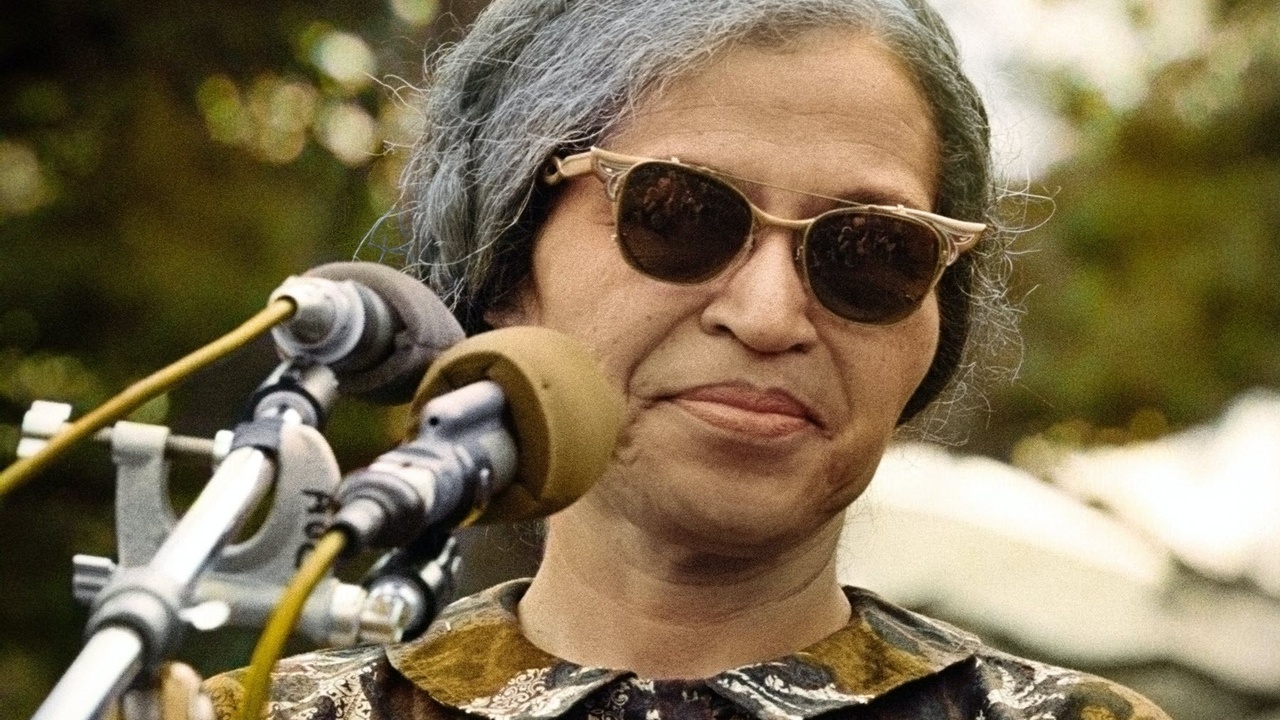
We Are Rosa Parks
Where were you when you heard that Rosa Parks had died? What were you doing? How did you respond to the news? Though I had not spoken her name or thought about her recently, I found myself momentarily numbed by the news of her passing. It was as if something precious beyond comprehension had left our world, had left me. So, I stopped what I was doing, and just sat. We rush everything these days, including our grieving. Let us resist moving past the death of Rosa Parks too swiftly. In tribute to one who’s sitting changed a nation, we do well to sit and think.
In her book, Black Womanist Ethics, Katie Cannon writes about “unshouted courage,” calling it “the quality of steadfastness, akin to fortitude, in the face of formidable oppression.” Rosa Parks personified “unshouted courage” in her unpretentious act of civil disobedience on a Montgomery Bus nearly 50 years ago, and the calm though deliberate manner in which she recalled her act in countless interviews thereafter. What a stunning contrast to Martin Luther King Jr.’s and Malcolm X’s volcanic vocal pronouncements. Rosa Parks reminds us that courage comes in many shapes, sizes, and voices, even a voice just above a whisper. The question is not will you or I be courageous like Rosa Parks are any of the sung and unsung champions of the civil rights movement, but will we be true to our convictions in ways that are true to who we are. Will I listen to and own my unique courageous voice? Will you?
I cannot think of Rosa Parks without recalling some of the most profound words I have read concerning her. In Let Your Life Speak, Parker Palmer interprets Parks’ protest as an action whereby she affirmed personal wholeness: she refused to think free and act oppressed. Palmer ponders: Where do people find the courage to live divided no more when they know they will be punished for it? They have come to understand that no punishment anyone might inflict on them could possibly be worse than the punishment they inflict on themselves by conspiring in their own diminishment.
We conspire in our own diminishment each time we act contrary to our most honorable and liberating beliefs. We are Rosa Parks each time we have the heart to reject that which holds us down and reach for that which urges us on. Rosa Parks did not have a monopoly on living with integrity; we can do so each day in our aspirations, relationships, and decisions.
Early in her writing career, Alice Walker was asked by a leading national magazine to write about growing up in the south. Though Walker was pleased with what she produced, the magazine suggested major revisions. Walker refused. In a showdown meeting, Walker was informed that she didn’t understand, the piece would have to be changed or it would not be published. After considering the positive impact such an article would have on her budding career and weighing that against her integrity as a writer, Walker responded, “It’s you who do not understand. All I have to do in life is save my soul.” Rosa Parks’ decision was a matter of soul-saving, her own and the soul of a nation.
Now, we must be careful that we do not do with Rosa Parks what we do with many of our heroes. We tend to place laudable figures so high on the pedestal of praise that they become untouchable, out of living range. The lessons of Rosa Parks are much too valuable to be stored away in history books and museums. We need her beacon light witness of personal uniqueness and wholeness nearby to behold and manifest in everyday life. In this way, Rosa Parks will not simply be a wondrous woman of sainted dignity and sacred defiance who lived once, but a spirit of freedom, justice, and personal integrity who lives now in each of us.

